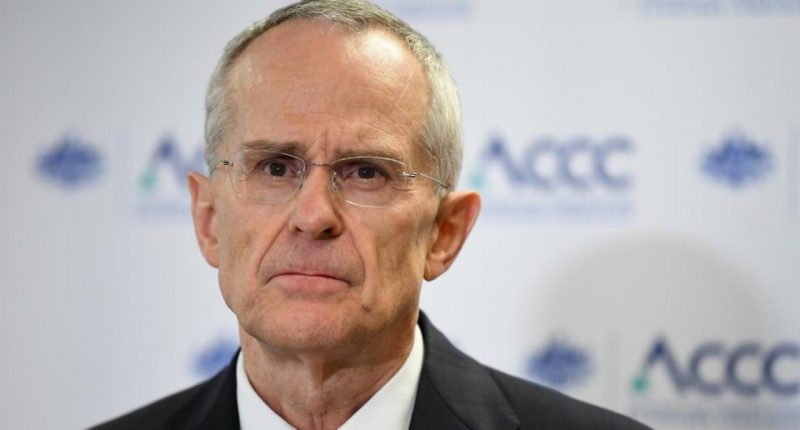- The Australian Competition and Consumer Commission (ACCC) has rejected a promise from Google to operate fairly if it buys out Fitbit’s Australian arm
- Google announced its US$2.1 billion (roughly A$2.8 billion) buyout of Fitbit in November 2018, but the deal was quickly flagged by global regulators
- Essentially, the ACCC and other regulators have raised concerns about the antitrust, anti-competition, and data privacy potential of the deal
- In response, Google has offered a court-enforceable promise to treat smaller competitors fairly, to refrain from using health data for advertising, and to even give competing businesses access to health and fitness data
- However, while the E.U. has accepted Google’s promise and approved the buy, the ACCC is still hesitant to let the purchase move forward
- The regulator will keep investigating the purchase and has until March 25, 2021, to make a decision
The Australian Competition and Consumer Commission (ACCC) has rejected a promise from Google to operate fairly if it buys out Fitbit’s Australian arm.
While Google has tried to ease regulatory concerns with a court-enforceable undertaking that it would behave in a certain way to rival companies and refrain from using health data for advertising, the ACCC is still hesitant to approve the buyout.
The regulator is has flagged concerns about the antitrust, anti-competition, and data privacy potential of the deal — even as the European Union gives the global buyout the green light.
Google eyes Fitbit
Google announced its plans to purchase the San Francisco-based wearable tech specialist for US$2.1 billion (around A$2.8 billion) in November 2019.
However, global regulators were quick to get involved in the buyout.
In particular, the ACCC raised concerns that a Google-owned Fitbit would have the ability to restrict any rival wearable tech developer from important services like Google Maps and Google Play or restrict their compatibility with Android smartphones.
Effectively, ACCC Chair Rod Sims said the watchdog is worried Google could squeeze out all competition except Apple in the wearable tech industry, solidifying the duopoly the tech empires already hold in a variety of industries.
“The ACCC continues to have concerns that Google’s acquisition of Fitbit may result in Fitbit’s rivals, other than Apple, being squeezed out of the wearables market, as they are reliant on Google’s Android system and other Google services to make their devices work effectively,” Rod said.
On top of this, the Fitbit buy would further consolidate Google’s data collection capabilities, which gives the company major market power in online advertising.
Google’s promise of fair practice
Google told the ACCC and other global regulators it will behave fairly towards competitors and even allow competing businesses access to health and fitness data to ensure competition in the wearable tech industry remains healthy.
On top of this, the tech giant swore it wouldn’t use new health care data from the buyout for advertising purposes.
The European Commission — the EU’s consumer regulator — was satisfied with the promise and accepted Google’s terms on December 17, effectively giving the purchase a tick of approval.
However, the ACCC maintains that with the growing importance of smart watches and other wearable devices in Australia, devices that can easily collect user data need to be scrutinised.
“The competition impacts of Google acquiring Fitbit to expand into these important markets needs to be very carefully considered,” Rod said.
“While we are aware that the European Commission recently accepted a similar undertaking from Google, we are not satisfied that a long term behavioural undertaking of this type in such a complex and dynamic industry could be effectively monitored and enforced in Australia,” he said.
The U.S. Department of Justice is also yet to make a decision on the purchase.
The ACCC will keep investigating the purchase and has until March 25, 2021, to make a decision.







